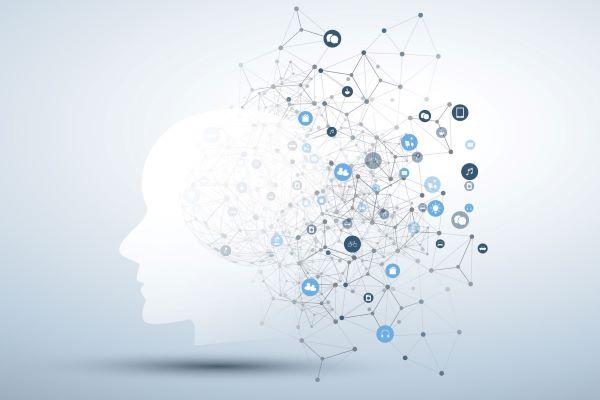
Wed, June 1 - Fri, June 3, 2022
9:30 am - 4:30 pm
Pomerene Hall (and virtual)
The Foundations of Data Science and AI Community of Practice at TDAI is pleased to offer a Deep Learning Summer School featuring tutorials and research presentations by community members in partnership with the AI-EDGE Institute.
Dates/Times:
June 1, 9:30 am - 4:30 pm
June 2, 9:30 am - 4:30 pm
June 3, 10:00 am - 12:15 pm
Location: 320 Pomerene Hall or Zoom
